Reflection on Learning - Talent Development PDP, University
VerifiedAdded on 2022/08/13
|5
|812
|27
Journal and Reflective Writing
AI Summary
This assignment is a reflection on the importance of talent development within organizations, focusing on the concepts learned during the first six weeks of a module. The paper outlines the need for talent development, demonstrating its relevance to all organizations by highlighting how it ensures strategic alignment with workforce requirements. It emphasizes the increasing importance of talent management in a globalized world with cross-cultural employment. The reflection further discusses the key benefits of talent development, such as improved employee motivation, skills, engagement, and retention, leading to enhanced company performance and customer satisfaction. The paper references key readings and provides a comprehensive overview of talent development's impact on strategic planning and organizational success. The author also references the importance of talent management as globalization increases and the workforce becomes more diverse. The reflection focuses on the benefits of talent development within organizations, including enhanced employee motivation, improved skills, increased engagement, and better retention rates. These factors contribute to improved company performance and customer satisfaction, ensuring that the organization's strategic planning aligns with workforce requirements and skills.
1 out of 5
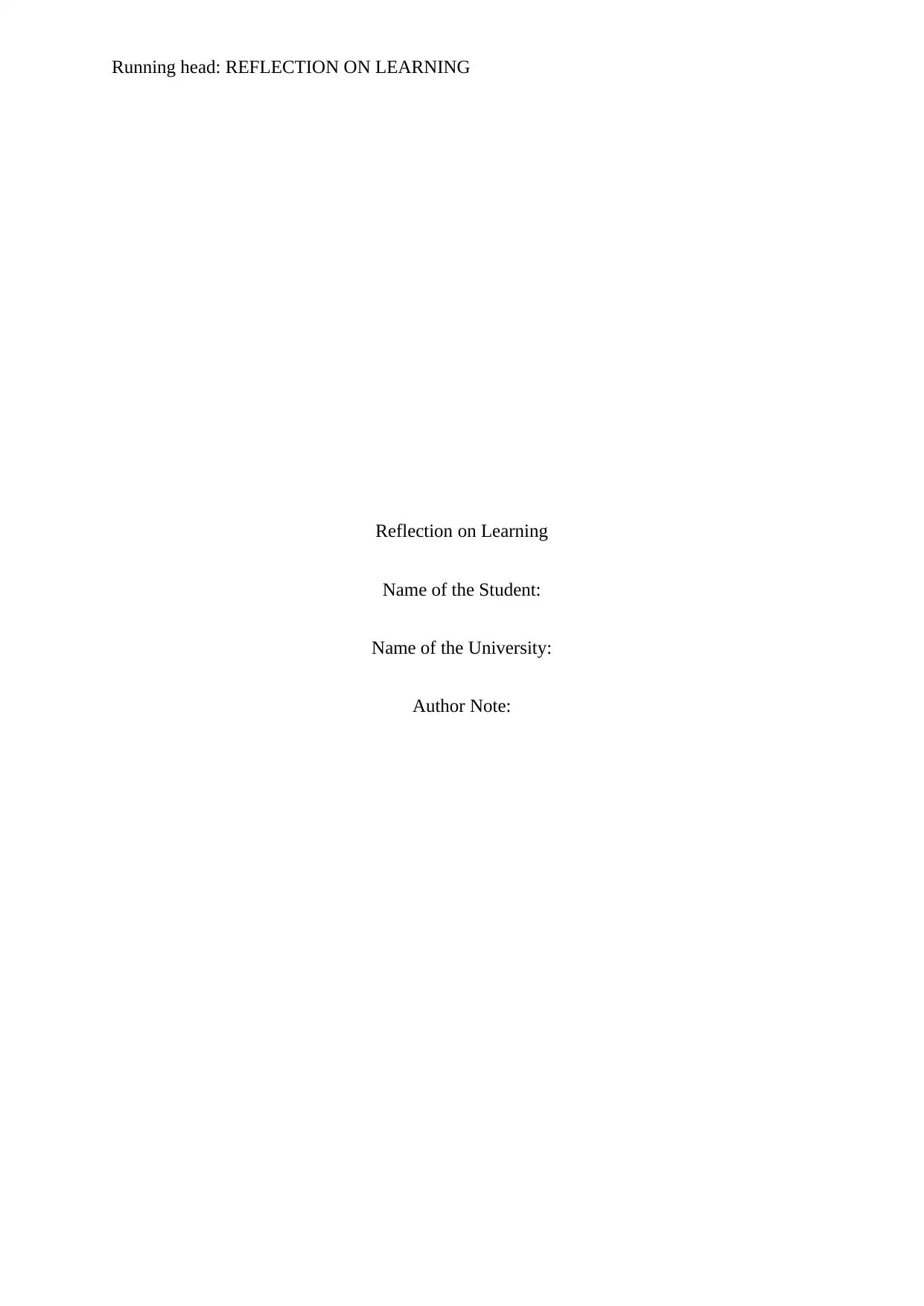
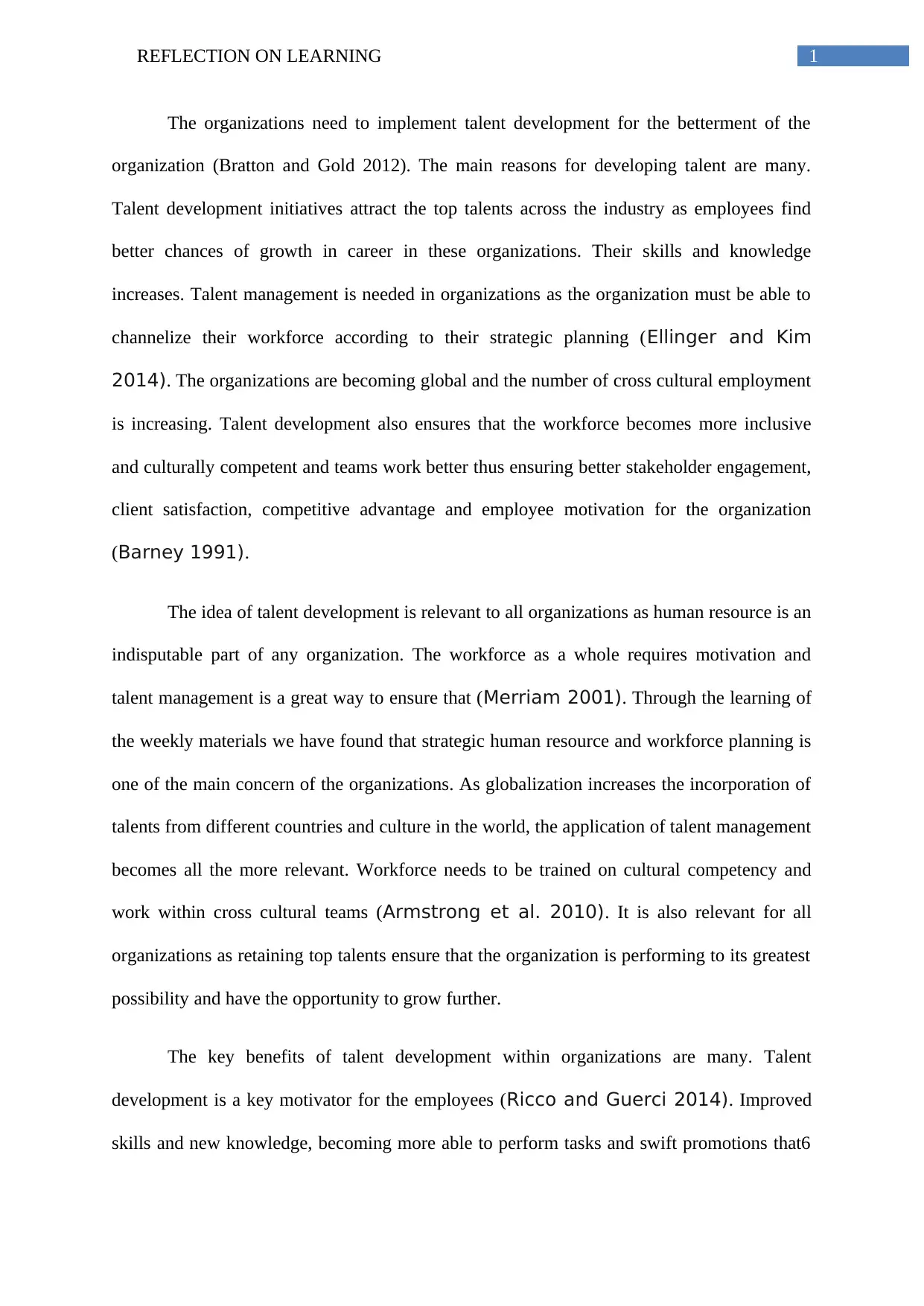
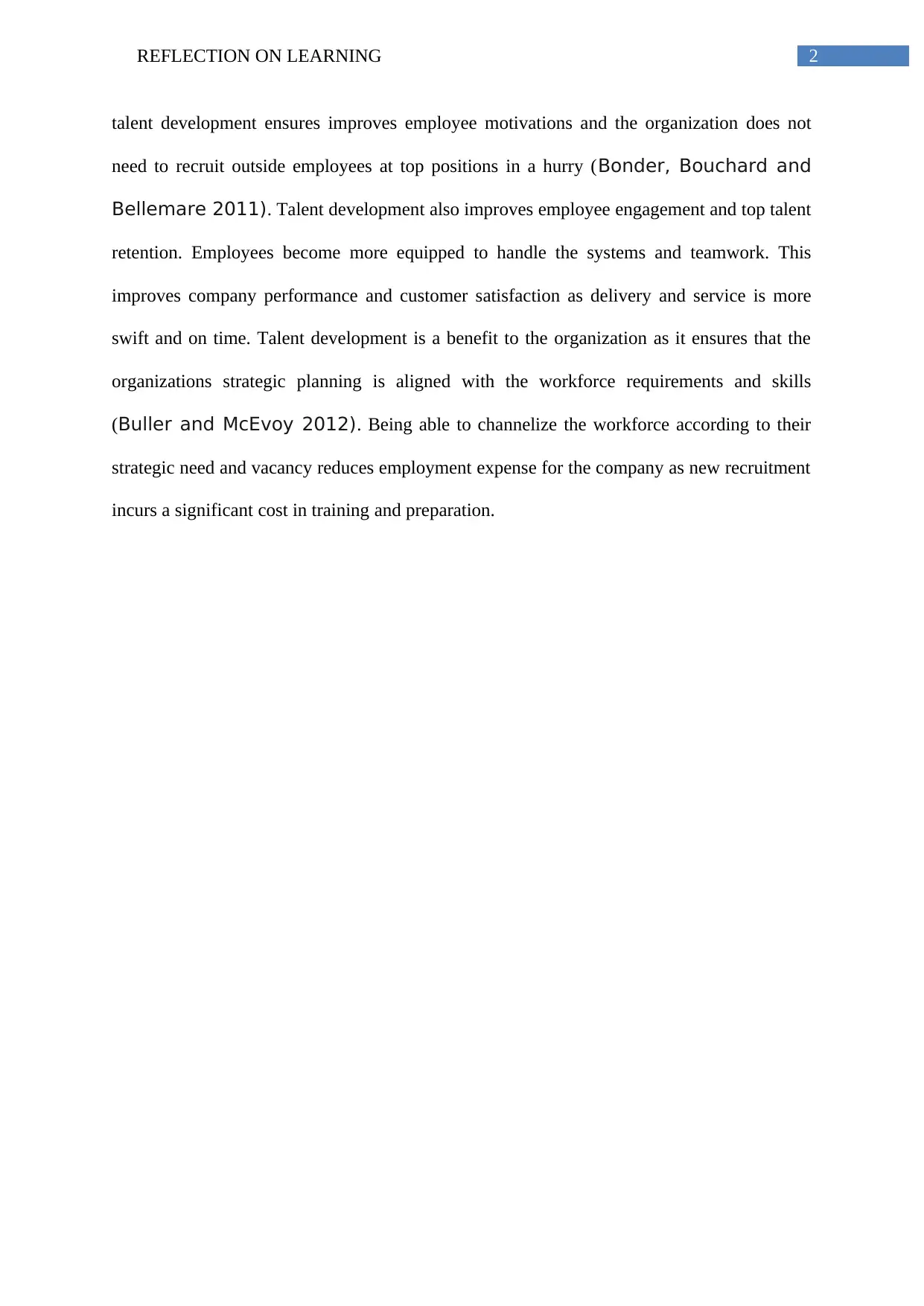

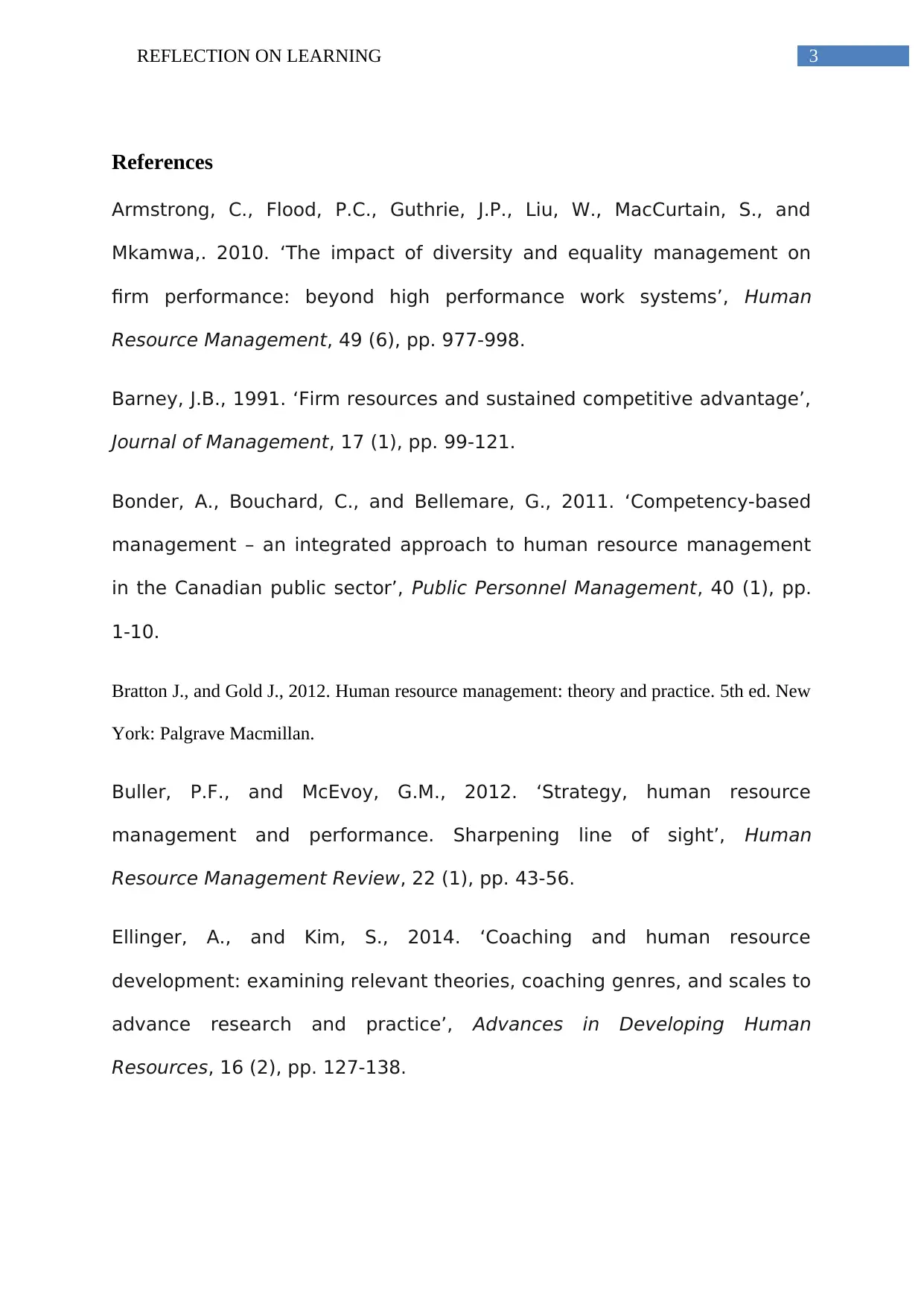
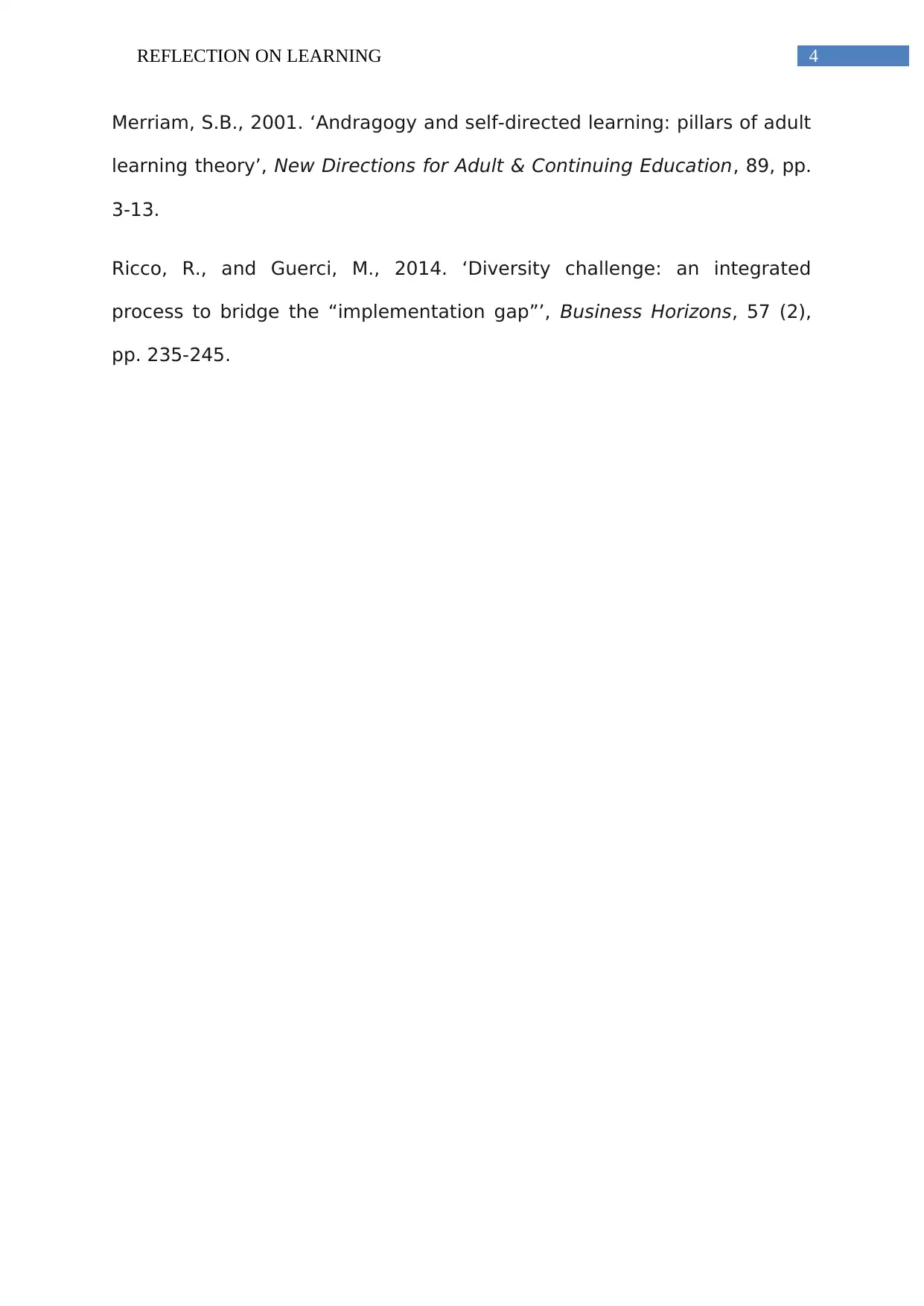






![[object Object]](/_next/static/media/star-bottom.7253800d.svg)